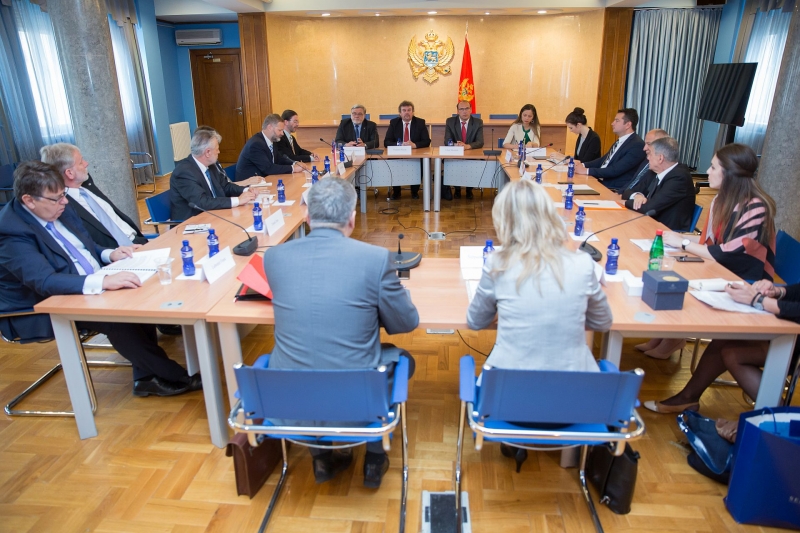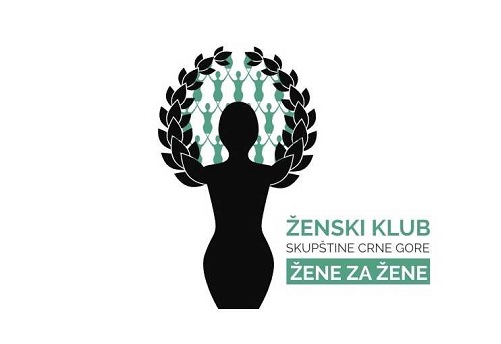The delegation of the Senate of the Czech Republic consisted of Chairperson of the Committee on EU Affairs Mr Vaclav Hampl, Chairperson of the Committee on Foreign Affairs, Defence and Security senator Mr František Bublan, as well members of the two committees in the Czech Parliament.
Chairperson of the Committee on EU Affairs Mr Vaclav Hampl talked about the experience of the Czech Republic and the Committee headed by him in the period after the accession of that country to the European Union.
Mr Bublan emphasised that the European integration process was extremely demanding and that, in the context of work of parliamentary committees, it required strengthening of professional personnel which would be capable to respond to the intensive pace imposed by the accession.
Chairperson of the Committee on European Integration Mr Adrijan Vuksanović thanked for the support which the Czech Republic had been continuously giving to Montenegro in the EU accession process, and added that our country had no alternative when it came to the European integration.
Mr Vuksanović reminded that Montenegro had opened 26 negotiation chapters so far, and that it had provisionally closed two chapters.
Mr Vuksanović also pointed out that there was great support and interest among the Montenegrin citizens regarding the EU accession process.
Chairperson of the Committee on Foreign Affairs, Defence and Security senator Mr František Bublan congratulated members of both committees on Montenegro’s membership in NATO. Mr Bublan said that membership in the Alliance represented a challenge and a process followed by a continuous providing of information to public on the undertaken steps.
Member of the Security and Defence Committee Mr Vujica Lazović noted that Montenegro’s NATO membership sent, as he said, a message of stability in the Western Balkans region and added that the issue of European integration was also the issue of security of every country.
At the meeting they also discussed the migrant crisis and the manners in which the EU countries deal with this issue, as well as modern challenges such as cyber terrorism and timely reaction of institutions to this phenomenon.



















